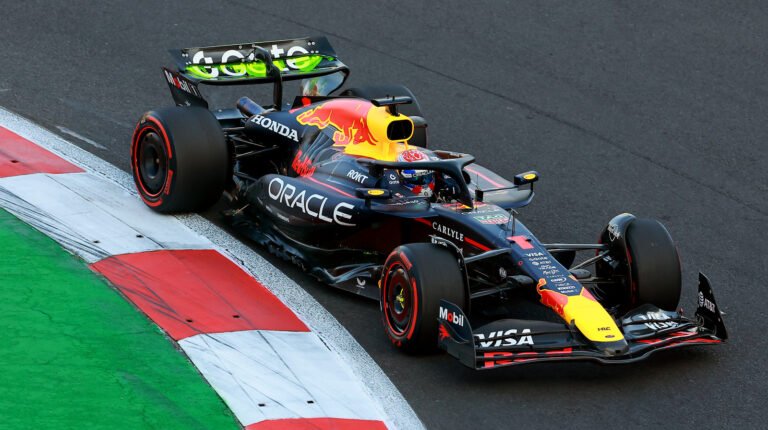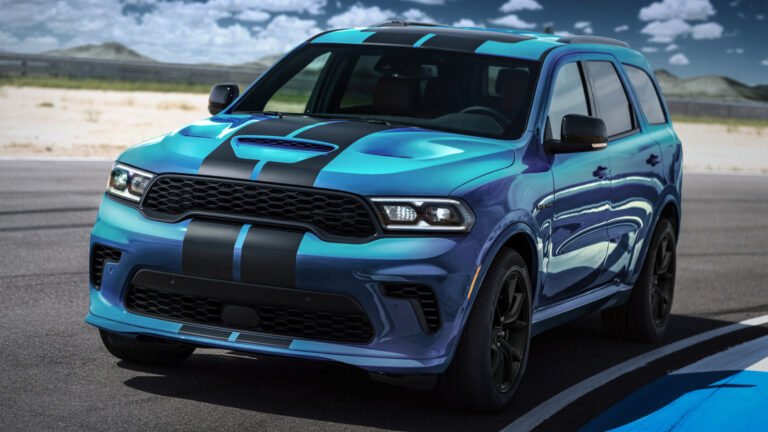BMW’s M division has reported another record-breaking year, with global sales up 7.9% through the first nine months of 2025. That growth builds on last year’s all-time high of 206,582 vehicles, confirming that BMW’s performance arm remains one of the company’s most powerful business drivers.
The success arrives as the brand continues to balance electrification with traditional performance. According to BMW, models powered by V8 and six-cylinder engines remain bestsellers. Despite the rise of hybrids and EVs, BMW has proven that internal combustion still holds strong appeal among performance enthusiasts.
BMW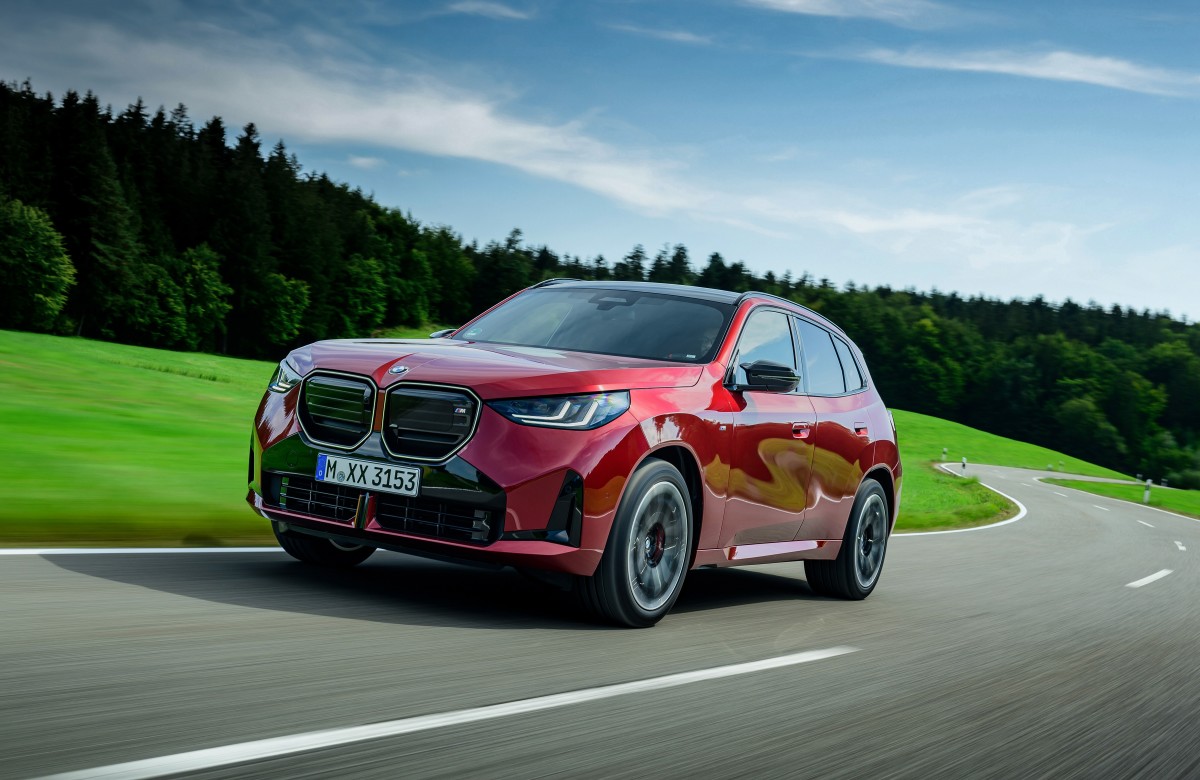
SUVs, Sedans, and Strategy
Much of the M division’s growth has come from its SUV lineup. The M versions of the X3, X4, and XM continue to find buyers eager for everyday usability paired with serious power. Meanwhile, the M3 and M5 models remain icons, though their future is expected to evolve as BMW transitions more heavily toward electrified drivetrains.
The upcoming 7 Series refresh, will also influence the M lineup. Expect to see M-influenced design and technology trickle down through BMW’s broader range as the brand aligns its luxury and performance strategies.
This record year also coincides with a notable shift in branding. BMW is simplifying its M naming structure, suggesting that the “Competition” label will soon disappear in favor of cleaner, unified model designations. The move reflects BMW’s effort to streamline its performance hierarchy as it integrates electric powertrains into its M cars.
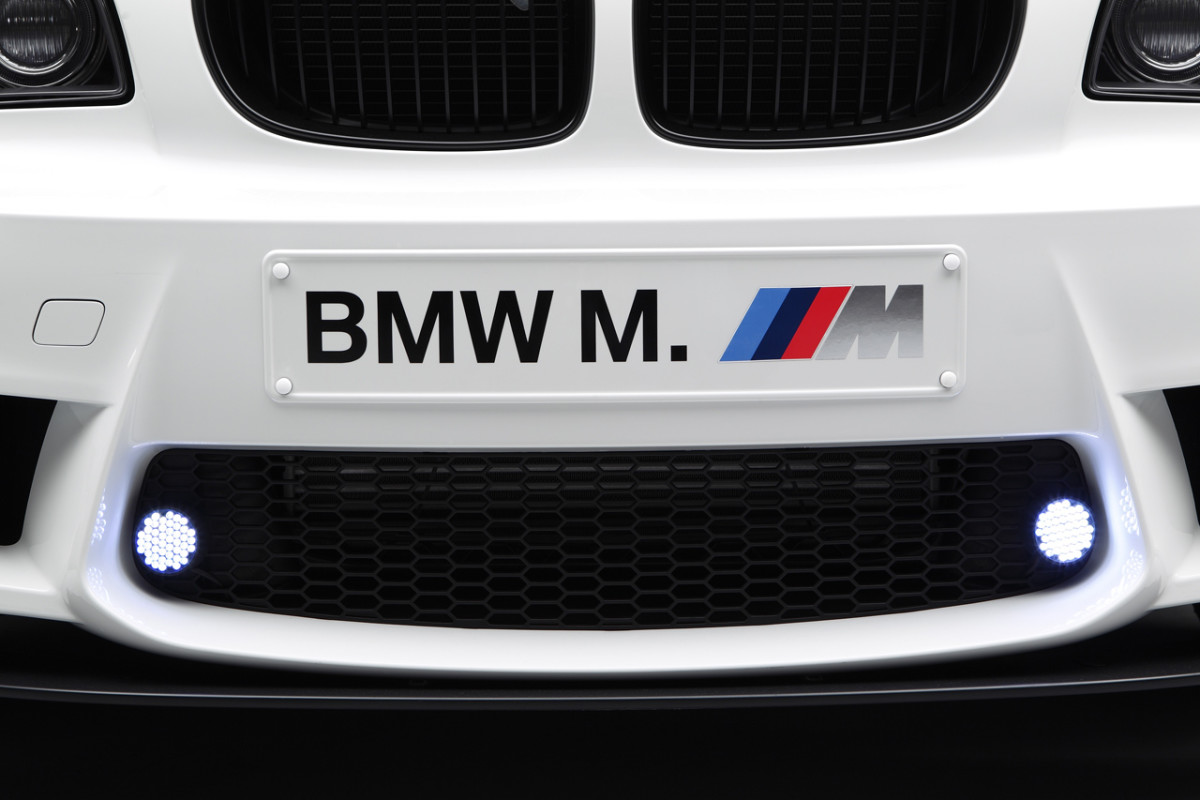
The Electric Future of M
BMW M’s leadership has made clear that its next step involves electric performance. Work continues on the brand’s first full-electric M sedan, internally known as “ZA0,” which aims to outperform its combustion-powered counterparts. BMW’s approach is what executives call “technology neutral,” ensuring combustion, hybrid, and electric models coexist as long as customer demand remains.
This strategy is already paying off. By keeping traditional powertrains alive while expanding its EV offerings, BMW has managed to capture both purist and progressive buyers. The result is a rare combination of heritage and innovation, one that few performance brands have balanced as effectively.
BMW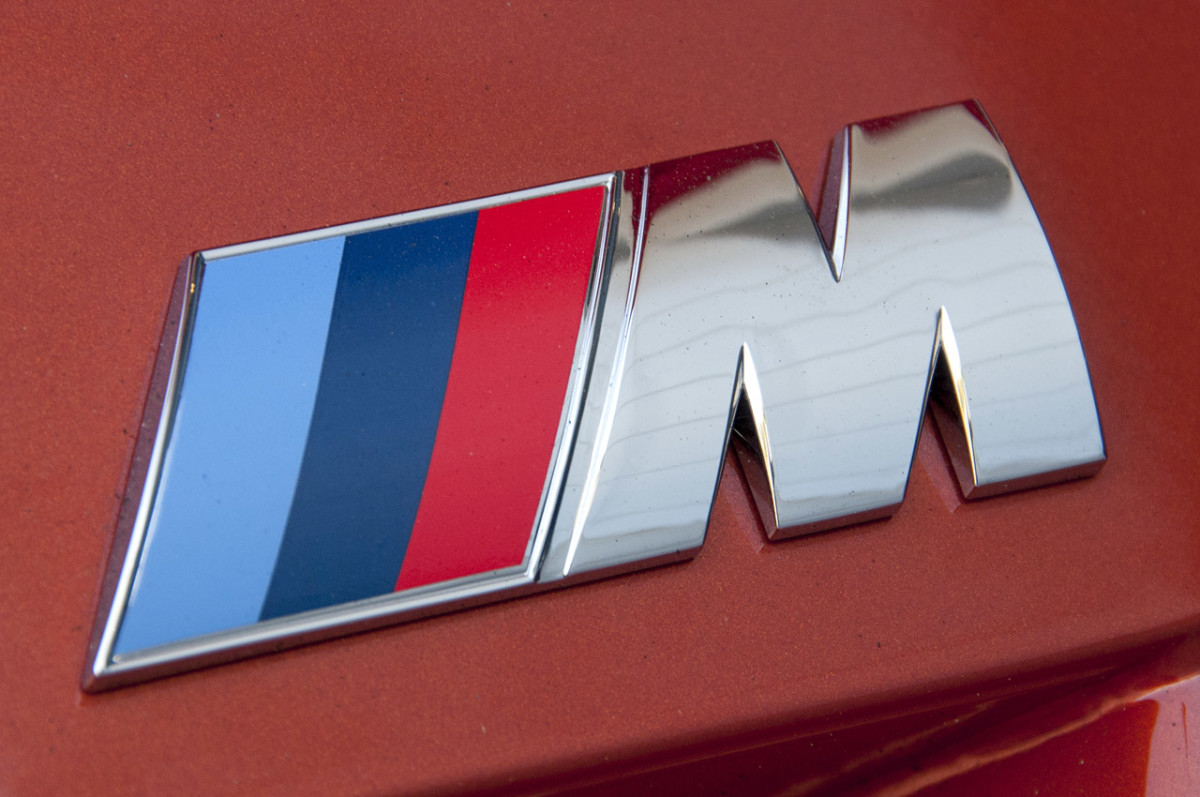
Why It Matters
BMW M’s 7.9% surge is a signal of resilience in an industry dominated by transition. The division’s continued growth underscores that performance still sells, even as the market shifts toward efficiency and electrification.
As other carmakers scale back their performance lines, BMW M continues to thrive by doing the opposite, embracing diversity in powertrains, refining brand identity, and expanding global reach. It’s proof that, for all the talk of range and regulation, passion and horsepower still move the market.
